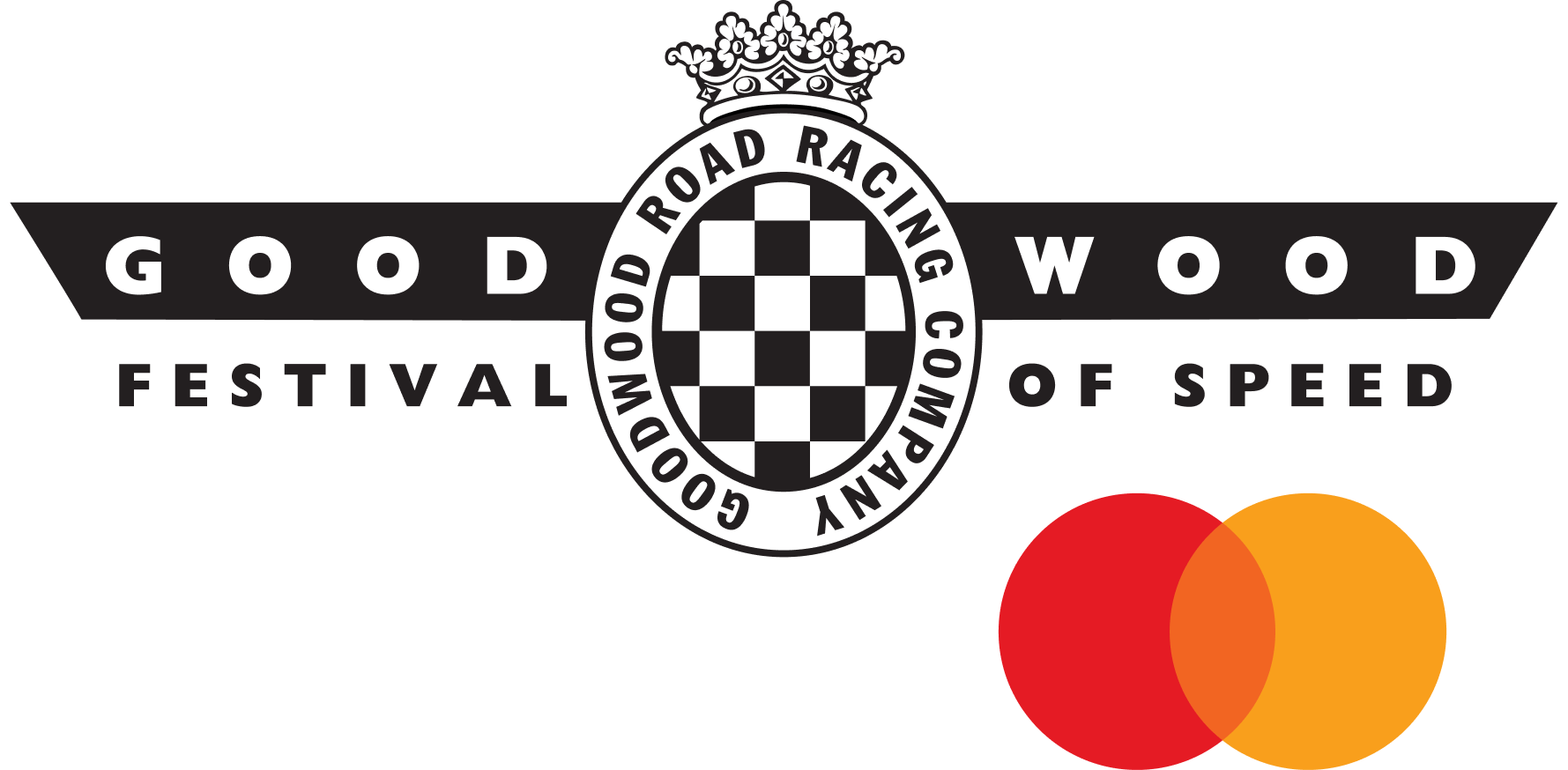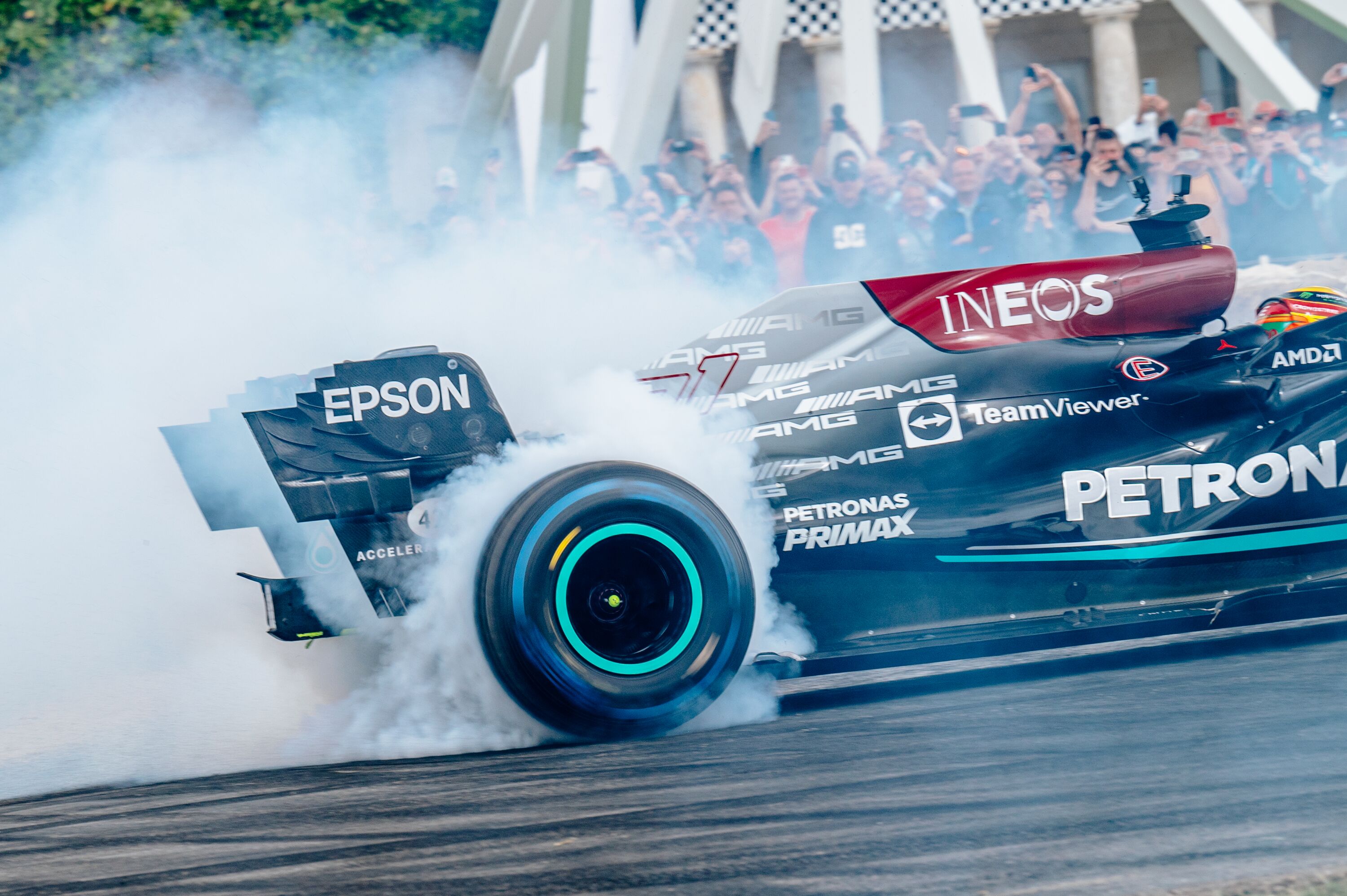The seven best homologation hot hatches
We are big fans of homologation specials here at GRR. Whether it’s over-engineering a road car to handle competition or civilising a racer to cope with the commute, the result is usually a win for the driver. There are of course almost as many types of homologation specials as there are different forms of motorsport but we thought we would look at the most accessible in terms of driving on Monday the car that won on Sunday.
The much lamented end of the Group B era of the World Rally Championship actually saw a proliferation of entrants as costs tumbled. Most were based on humble grocery-getters so here is our pick of the best homologation hot hatches.

Lancia Delta HF 4WD – 1986
Let’s be honest, we could just end the list after this entry. Every other car on it, bar the flyweight Peugeot 106 Rallye, was created in direct response to the dominance of the Delta. The abrupt end of the Group B regulations at the end of the 1986 WRC season caught most manufacturers on the hop. It left them fielding either old or unsuitable cars in the Group A class the following year. Although we admit we’d have liked to watch the Mercedes 190 2.3 16-valves, BMW M3s and Ford Sierra Cosworths battling in the snow as well as on circuits.
Lancia however had already unveiled its range-topping Delta HF 4WD in April 1986 so it was ready to step in for the now outlawed Delta S4. It was fitted with the turbocharged 2.0-litre from the Lancia Thema and a three-differential four-wheel-drive system which split the torque front to back and between the rear wheels. The HF 4WD was distinguished from its front-wheel-drive brethren by a quad headlamp set-up, red-framed grille and pinstriping while inside the instruments now had yellow numerals and included a boost gauge while the seats were covered in a mixture of Alcantara and Missoni-designed wool cloth.
The Delta HF 4WD placed first and second in the 1987 season opener, the Monte Carlo Rally and won a further eight WRC fixtures that year giving Lancia the Manufacturer’s title and Juha Kankkunen the driver’s championship. The various iterations of the Delta HF 4WD – henceforth known as the Integrale – won 46 World Rally Championship events between them, resulting in a record six consecutive World Rally Championship for Manufacturers between 1987 and 1992.
Have a read of our list of the best 1980s hot hatches.
|
Engine and transmission |
2.0-litre turbocharged inline-four, five-speed manual, four-wheel-drive |
|
Power/torque |
165PS (121kW)/285Nm (210lb ft) |
|
0-60mph |
7.8 seconds (est.) |
|
Top speed |
129mph |

Volkswagen Golf Rallye – 1988
Created to take on the Audi Quattro, Delta and BMW M3, about the only thing the Golf Rallye shared with them was its box-flared wheel arches. Volkswagen dropped its Syncro all-wheel-drive system into the Golf Mk2 and then, to overcome its substantially increased weight, added a G-Lader supercharger to a very slightly downsized version of the GTI’s 1.8-litre engine. Unfortunately its now 160PS couldn’t offset the 160kg weight penalty and the Rallye was slower than the front-wheel-drive GTI.
Largely handbuilt at VW’s plant in Belgium, the Rallye also cost about twice as much as a GTI and although the requisite 5,000 examples were made, it failed to make an impression on the WRC scene. And even more limited edition, creatively called the Limited, was also produced by the Volkswagen Motorsport division. Fully optioned with heated leather seats, electric everything and a numbered plaque just 17 were built. Producing 210PS, it could crack 62mph in 6.4 seconds and was the most powerful Golf ever until the R32 debuted in 2003.
|
Engine and transmission |
1.8-litre supercharged inline-four, five-speed manual, four-wheel-drive |
|
Power/torque |
160PS (118kW)/225Nm (166lb ft) |
|
0-60mph |
8.9 seconds (est.) |
|
Top speed |
130mph |

Peugeot 106 Rallye – 1991
The WRC wasn’t only about the Group A competitors in the late 1980s and early ‘90s. The sub 1,300cc class was equally hotly contested as a stepping stone to the top. Unfortunately, Peugeot’s well-received hot 106, the XSi used a 1.4-litre to provide its on-road propulsion. So, Peugeot pulled it and in its place dropped a breathed on version of its venerable TU four-cylinder. With fuel injection, a high compression head, bespoke inlet manifold and an aggressively profiled cam designed to pick things up significantly between 5,400rpm and 7,200 rpm, this was capable of 98PS.
Sold as having ‘fewer frills, more thrills’ the cars had stripped out interiors, simple solid paint colours, Rallye decals and, famously, white steel wheels. Weighing just 825kg and with sprint gearing that saw them hitting 4,000rpm at the motorway speed limit the Rallye variants were a raucous riot regardless of what their raw speed statistics might imply.
Have a read of our list of the best 1990s hot hatches.
|
Engine and transmission |
1.3-litre inline-four, five-speed manual, front-wheel-drive |
|
Power/torque |
98PS (72kW)/108Nm (80lb ft) |
|
0-60mph |
9.6 seconds (est.) |
|
Top speed |
113mph |

Nissan Sunny GTi-R – 1990
The Nissan Sunny was practically the epitome of inoffensive, rounded 1990s car design. Until it got the WRC Group A treatment. Then you could see that it was the little brother to the Skyline with which it (nearly) shared its name. Into the little supermini went a 2.0-litre variant of the famous all-alloy SR family of engines. With dual overhead cams, turbocharging and intercooling this produced 230PS, a fact made clear by the incredibly unsubtle rear wing and equally eye-catching bonnet scoop.
Dubbed a Japanese Integrale, the Sunny GTI-R was capable of 0-62mph in 5.4 seconds and a top speed of 144mph. Available in several different levels of trim, Nissan’s motorsport division produced a ‘complete car’ version with rally-spec suspension, safety equipment and limited-slip differentials for privateers.
If obscure is your thing, have a read of the five best 1990s hot hatches you forgot.
|
Engine and transmission |
2.0-litre turbocharged inline-four, five-speed manual, four-wheel-drive |
|
Power/torque |
230PS (169kW)/280Nm (210lb ft) |
|
0-60mph |
5.4 seconds (est.) |
|
Top speed |
144mph |

Ford Escort RS Cosworth – 1992
Possibly the most extreme of our homologation specials the ‘Cossie’ was unfortunately tarnished by the joyrider brush and became the infamous subject of finger wagging editorials in certain sections of the press. It was actually based on another ‘twoccer’ (taken without the owner’s consent) favourite, the Ford Sierra Cosworth, on which car’s existing chassis, engine and transmission it was based. These were then dressed in swollen, scooped and winged interpretations of standard Ford Escort panels.
The initial 2,500 were the full fat homologation specials with a huge Garrett T34 turbo blowing air into the 2.0-litre Cosworth YBT engine resulting in Group B levels of turbo lag. The result was 227PS and 304Nm but specialist tuners have taken the engine’s output into four figures. Fortunately the front splitter and double decker rear wing made the Escort Cosworth the first mass production car to create front and rear downforce. Later models received a smaller turbo for better driveability without sacrificing much in the way of performance and a total of 7,145 were made over a four year period.
Love fast Fords? Have a read of the eight best Ford RS cars.
|
Engine and transmission |
2.0-litre turbocharged inline-four, five-speed manual, four-wheel-drive |
|
Power/torque |
227PS (167kW)/304Nm (224lb ft) |
|
0-60mph |
5.7 seconds (est.) |
|
Top speed |
144mph |

Mazda 323 GT-R – 1992
Very much in the same mould as the Sunny GTi-R, the Mazda GT-R never achieved the same recognition as a left-field choice of pocket rocket. Mazda’s other competition and performance efforts at the time were focused on its rotary engines so a turbocharged AWD hot hatch was unfortunately overlooked.
It may have had pistons rather than rotors but Mazda threw all of its considerable engine building expertise at the GT-R. Its 1.8-litre inline four benefitted from larger rods and pistons, better oiling, larger injectors, sodium filled valves and of course an air-to-water intercooled turbocharger. All of which produced 210PS sent to all fours wheels via limited-slip differentials. Chassis strengthening, a wider track, bigger brakes and beefed up suspension rounded out what was an accomplished package which sadly never achieved the competition success it perhaps deserved.
|
Engine and transmission |
2.8-litre turbocharged inline-four, five-speed manual, four-wheel-drive |
|
Power/torque |
210PS (154kW)/255Nm (188lb ft) |
|
0-60mph |
7.4 seconds (est.) |
|
Top speed |
130mph |

Subaru Impreza WRX STi – 1994
We are probably stretching the definition of ‘hatchback’ to its very limits here but the boxer-engined Impreza booming through the forests is the stuff of legends. The standard WRX, meaning ‘World Rally eXperimental’ with its turbocharged 2.0-litre flat-four debuted in 1992 with four-wheel-drive, rear limited-slip differential and uprated suspension. It was the Subaru Technical International edition, introduced in 1994 and badged STi which would be the foundation of a rally-winning dynasty. Now with 250PS, these were taken from the assembly line and fitted with strengthened engines, suspension and transmissions.
The Japanese-only RA variants were supplied in stripped out form, losing sound deadening, electric windows, air-conditioning, anti-lock brakes and even the horn while gaining shorter gearing and intercooler spray. In the hands of Colin McRae the WRX STi was fast straight out of the box, giving the Scot his only WRC Driver’s Championship in 1995 and Subaru its first of three consecutive Constructor’s titles.
|
Engine and transmission |
2.0-litre turbocharged flat-four, five-speed manual, four-wheel-drive |
|
Power/torque |
260PS (191kW)/309Nm (228lb ft) |
|
0-60mph |
6.6 seconds (est.) |
|
Top speed |
143mph |
Subaru
Impreza
Mazda
323
Volkswagen
Golf
Nissan
Sunny
Ford
Escort
Cosworth
Peugeot
106
Lancia
Delta
List































































